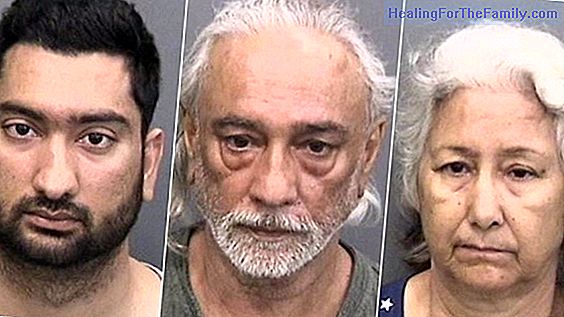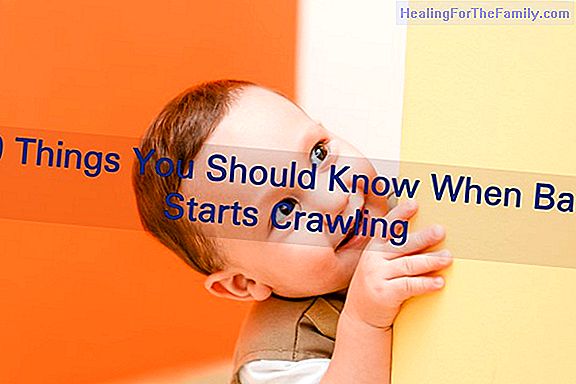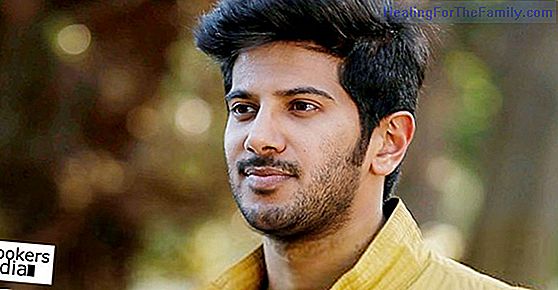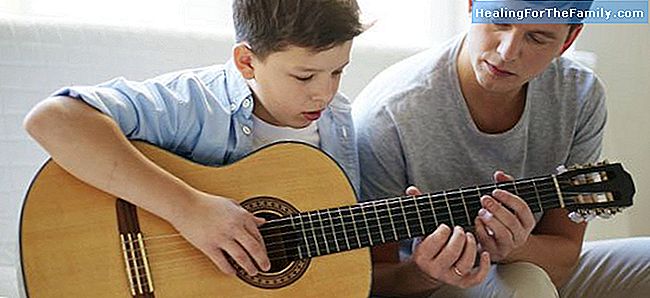When the child is given derogatory nicknames at school
There are many children who daily receive school ridicule, mockery or even humiliation from classmates. It is common that children assign nicknames or nicknames to classmates, sometimes they are harmless but in others they are humiliating and end up affecting the child's self-esteem. Perhaps, even m
There are many children who daily receive school ridicule, mockery or even humiliation from classmates. It is common that children assign nicknames or nicknames to classmates, sometimes they are harmless but in others they are humiliating and end up affecting the child's self-esteem.
Perhaps, even many of us have experienced in our childhood what it feels like to receive a nickname or a contemptuous nickname in school by our peer group. It's very disgusting!
The derogatory nicknames that children put
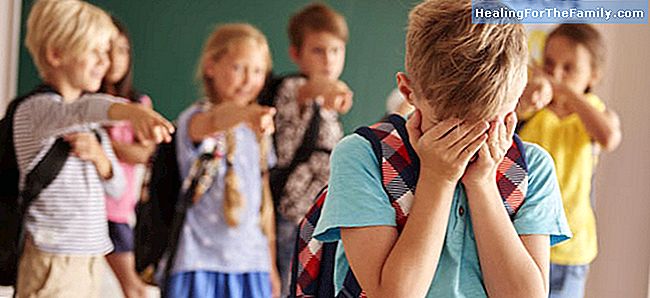
Some of the derogatory nicknames that are most often used during childhood are: margi, fat, skinny, nerd, brat, gafotas, four eyes, dwarf, giraffe, stutterer, etc. In the majority of the occasions they usually make reference to the physical aspect.
Being a victim of bullying often starts with a nickname or nickname that your classmates give you. That does not mean that, due to the fact that our son's classmates have given him a nickname, he is suffering or going to suffer bullying. However, in many cases it is usually the prelude to it. We must pay special attention if we also observe that the child's academic performance has decreased and that his mood is lower than normal.
What to do if the child is given derogatory nicknames at school?
If we observe that our son has been attributed a nickname or derogatory nickname, it is important to be alert on the relationship he has with his classmates. Even, it would be advisable to talk with our child's tutor so that he / she has the information and supervise the behavior of the children in the classroom to prevent any situation of humiliation or harassment in the school.
School bullying or bullying does not occur only when there is clearly visible verbal or physical aggression. There are many other behaviors that can be labeled as "harassment" because of the impact they have on the victim and the use of derogatory names can be one of them.
Nowadays, due to the irruption of new technologies in our society, we find children who receive humiliations, nicknames or derogatory nicknames through social networks or mobile applications p (eg whatsapp). Therefore, this type of conflicts no longer take place only at school, so it is very difficult for parents to control the relationships that children have with their peers both in daily life and through the virtual world. The influences that our son receives are not under our control, it is an impossible mission to avoid as parents to address our son with a nickname or derogatory nickname. It is an obvious fact that we can not control or change the behaviors that others carry out but, if we can help our son to change his behavior so that others stop considering it fun to address him with a derogatory nickname.
As always, communication with our son is the best ally we have to help him. It is important that we ask our son the following questions: - Who has given you the derogatory nickname in the school?
- With what intention do you think that has given you that nickname?
- How does that nickname make you feel?
- What do you do when they call you that?
- Did you tell them that you do not like being called like that?
These questions are necessary to make them to get an idea about the situation that our son lives with his peer group. Here are some specific recommendations to help children who receive derogatory nicknames or nicknames from their peers:
-
Let them know that they are unique, special and unrepeatable
. We are all different. None is better than another, we are simply different. - Explain the importance ofassuming an assertive behavior
whenever the classmates call him by the derogatory nickname. The child must have sufficient psychological strength to transmit to his / her companions, in a calm and safe way, that he / she does not like that nickname and ask them to stop telling them. - It is essential to offer the child our confidence to turn to us if he needs help
, especially if he has not been able to put an end to the derogatory or humiliating nicknames he receives.


